 Larry Jones, PhD, professor of history, is well known for his work on the rise of Nazism and the establishment of the Third Reich. As part of his research, Jones locates archival materials that make it possible for him to reconstruct the series of events that culminated in Hitler’s appointment as the Chancellor of Germany in January 1933. His research projects have regularly involved undergraduate research assistants who learn the techniques of archival research and frequently use those techniques in writing their theses for the History and All-College Honors Programs
Larry Jones, PhD, professor of history, is well known for his work on the rise of Nazism and the establishment of the Third Reich. As part of his research, Jones locates archival materials that make it possible for him to reconstruct the series of events that culminated in Hitler’s appointment as the Chancellor of Germany in January 1933. His research projects have regularly involved undergraduate research assistants who learn the techniques of archival research and frequently use those techniques in writing their theses for the History and All-College Honors Programs
At the same time, Jones regularly teaches courses at Canisius on the causes and consequences of the Holocaust with particular emphasis on the moral and ethical implications of the mass murder of an estimated eleven million civilians and non-combatants, six million of whom were Jewish, by the Nazi regime in World War II
After taking his course on The Holocaust in Historical Perspective as a freshman, Bridget Sendziak ’14 began working with Jones as his research and editorial assistant. Bridget quickly became an indispensable collaborator on his projects, for which she earned CEEP funding. Among other things, Bridget helped edit, check and proofread the manuscripts of two books that Jones was preparing for publication, The German Right in the Weimar Republic: Studies in the History of German Conservatism, Nationalism, and Antisemitism that appeared with Berghahn Books in in 2014 and more recently Hitler versus Hindenburg: The 1932 Presidential Elections and the End of the Weimar Republic that Cambridge University Press released in January 2016.
As a History and English dual major with a minor in French, Bridget was able to use her academic training in her work with Jones and even used her reading knowledge of German to help check his research. Jones’s collaborative efforts with his students represent an excellent model in mentoring, an opportunity to integrate different fields of knowledge and the ability to provide students with the magis (the more) that characterizes a Jesuit education.
Submitted by: Sara Morris, associate vice president, academic affairs
